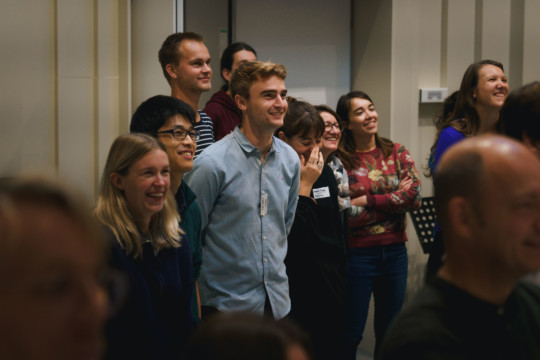A talk with the winners of the Spatial Data for Biodiversity Hackathon
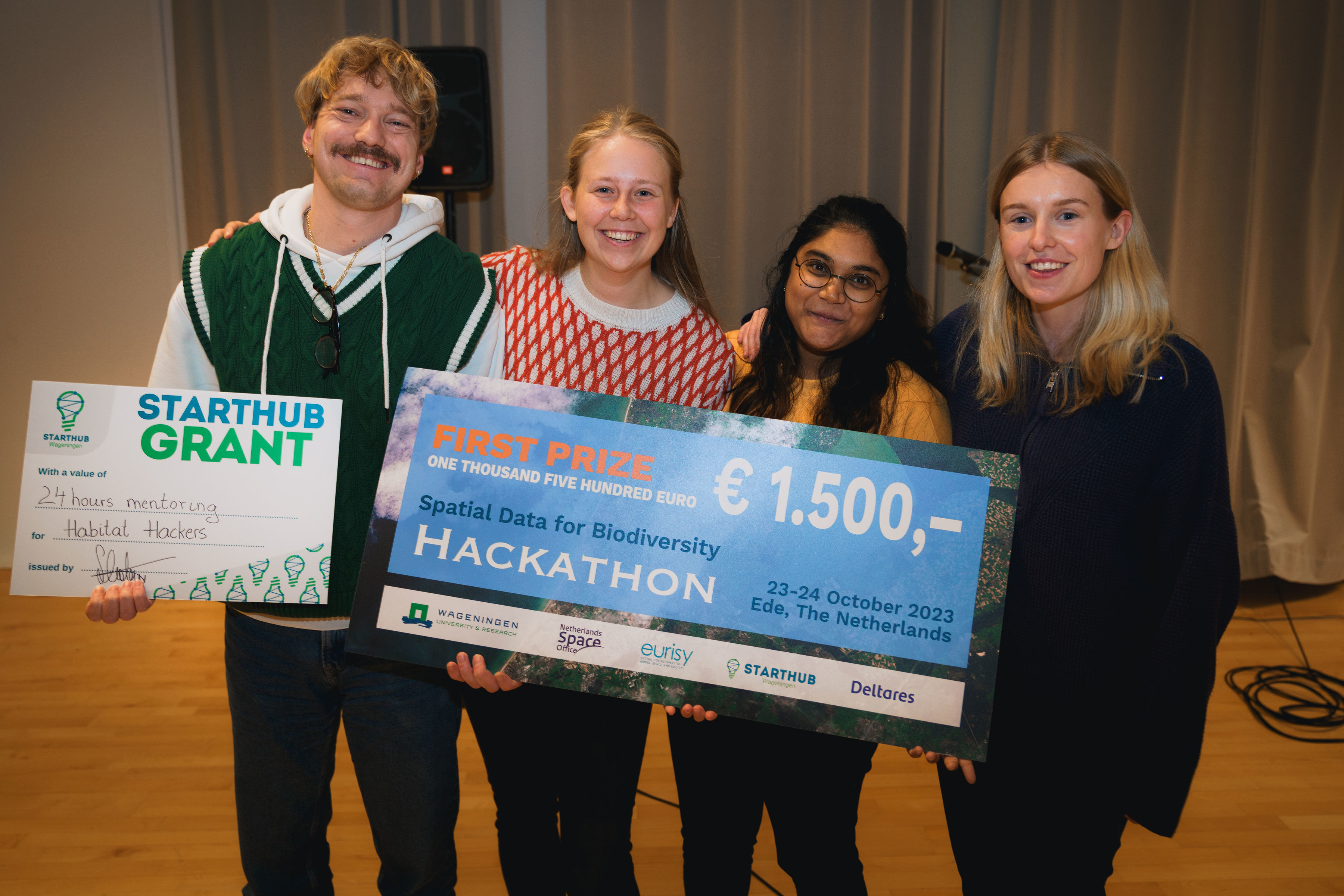
After the announcement of the winners of the Spatial Data for Biodiversity Hackathon, Eurisy interviewed Jens Goeree from the Habitat Hackers and Carlota Buznego from Komorebi, who shared with us their motivations to join the challenge.
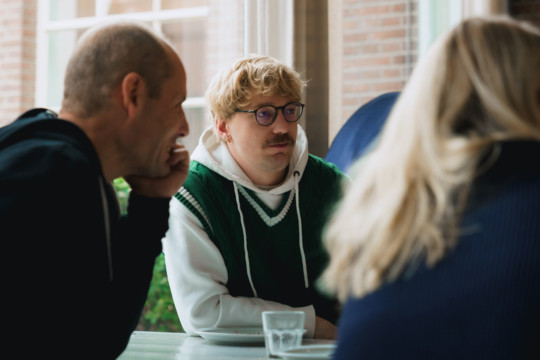
Jens Goeree: “Before and during the hackathon I did not think about the chance of winning something. My main focus or goal for this event was to increase my knowledge in programming, remote sensing and GIS. Besides that, I wanted to make connections with other participants and organizers alike”. Among his motivations to join the challenge Jens named his interest in exploring the broader utilization of datasets in the particular field of biodiversity.
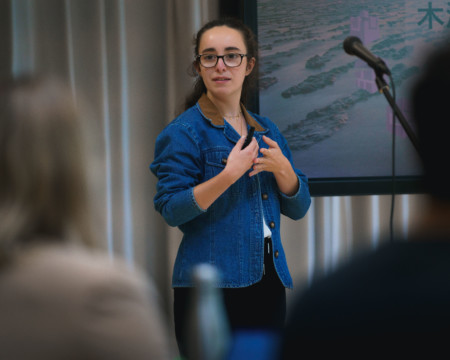
Carlota Buznego: “I decided to participate because my background mixes both of the topics included in the hackathon, environmental studies and geoinformation. It was a great opportunity to meet people from my field, learn things from each other and take a challenge”.
Working within a team of new people Jens considered to be an asset: “The main reason is that when you collaborate with a team of familiar individuals, there’s a tendency to stay within your comfort zone. As a result, the group tends to adhere to familiar practices and established teamwork dynamics.” Elaborating further, he explained that his team exhibited a diverse range of backgrounds: “In the initial phase, reaching a consensus on the model we aimed to create presented some challenges. However, once we established a shared vision, our varied experiences harmoniously contributed to the development of a solution”.
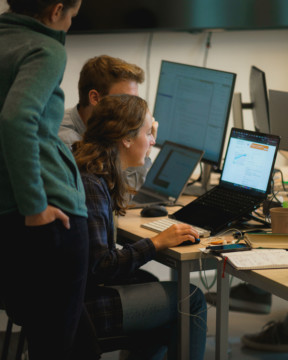
In contrast, Carlota described working with people who she never met before as a challenge: “Some teams knew each other before and they had a common goal for the hackathon, I think, in that case, for us, it was a drawback. We used some time to get to know each other and to focus on a common goal”. She however admitted that for someone who came to work individually like her, meeting new people was an asset: “The people in my team had expertise that was completely different from the ones of people I have worked with before and therefore, meeting them and working together made the experience richer as well as the outcome”.
We asked Jens and Carlota to explain the solution their teams have developed to the general public. “As a team, we developed a deep learning model to predict bivalve abundance zones in the Wadden Sea. This model holds potential for assisting policymakers in making informed decisions about establishing new shipping routes that would minimize impact on these zones. Policymakers also have the option to train the model with their own data for tailored predictions”, elaborated Jens. Jens explained that they used multiple raster datasets that were made available to them during the Hackathon. He enumerated the following (environmental) datasets that they used to train the model: sentinel-2, bathymetry, salinity, median grain size, silt content and exposure time. “For prediction we used the abundance dataset. The abundance dataset contains point measurements of the amount of bivalve individuals per square meter within the study region part of the Wadden Sea”.
Carlota presented their solution as a “integration of open data from the natural park into a digital twin whose characteristics and changes can be visualized via IR.Carlota specified that her team used open data from the open data portal of the Netherlands together with satellite imagery and data from Copernicus.
Reflecting on the take-aways from the event, Carlota concluded: “I gained contacts and met amazing people. I also gained insight into the state of the art and initiatives around the geoinformation and environmental aspects”. Jens was also pleasantly surprised: “Personally, I would say that it was better than I expected! The overall atmosphere was good and everyone was in it to learn something from each other. Furthermore, everything was arranged (food and drinks, workspaces for the groups, accommodations). This made it possible for all of us to focus on the challenge”, shared Jens.
